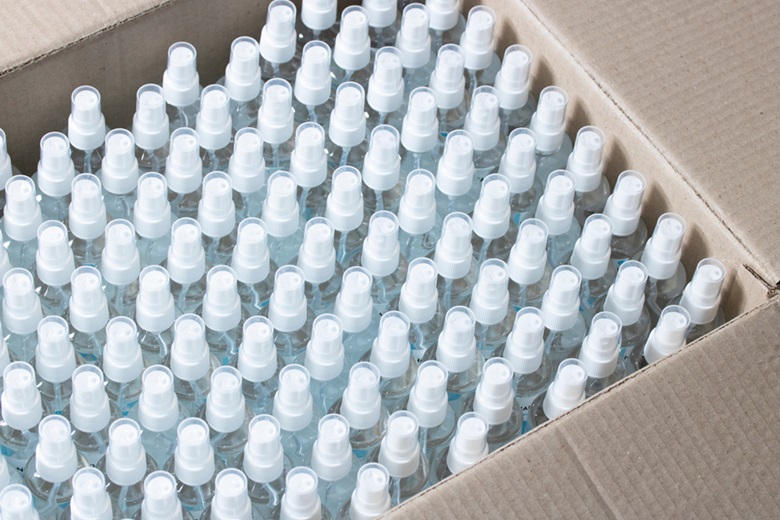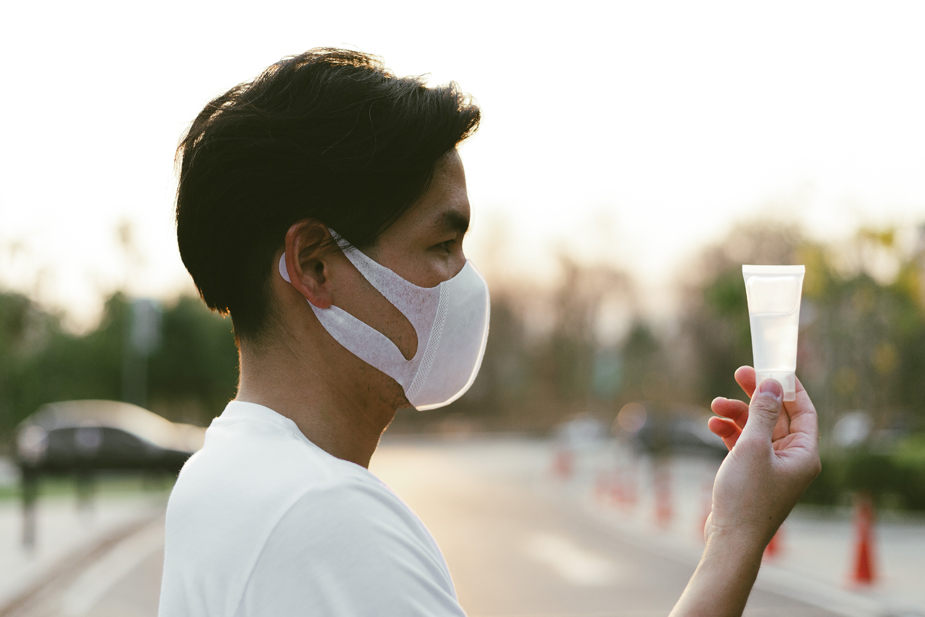COVID-19: Time to Lift Export Bans and Lower Barriers on Medical Goods

Trade policy is a tool for fighting the pandemic
COVID-19 is a multifaceted global pandemic that has impacted the health and safety of billions and has long-term economic and social effects. This moment offers an opportunity for APEC economies to relook trade policy response to ensure that it supports health systems across the region.
Saving lives is, of course, the most pressing priority right now. Finding innovative economic solutions to this dilemma cannot wait until the lockdowns are lifted and the health crisis abates. The private sector has called upon APEC to do more. In late March, the APEC Business Advisory Council, which represents the Asia-Pacific’s business community, wrote to Prime Minister Muhyiddin Yassin of Malaysia, who is the chair of APEC in 2020, to urge collaboration across the region to combat the health impacts and mitigate the economic consequences of the pandemic.
They called for multilateral action to help contain the spread of COVID-19, through information exchange, aligning health systems and enabling travel for essential health workers to where they are needed.
Notably, the council pointed to gaps in trade policy that, if addressed, would greatly contribute to managing the health crisis. They highlighted that there remain restrictions to the export of medical equipment, medicines and basic protective items, which are both critical and in severe shortage.

In many places, medical equipment, medicines and basic protective items are both critical and in severe shortage.
It may now be an opportune time for economies to consider the elimination or reduction of tariffs on these life-saving products. These products include face masks, hand soap, sanitizers and other personal protective equipment. APEC represents 40.8 percent (USD 404.5 billion) of the global import value of these essential medical goods, and 28.8 percent (USD 271.8 billion) of global exports. More importantly, APEC economies occupy many of the top spots on the lists of importers and exporters of these items.
Such sector-specific tariff reductions aren’t new to APEC. Using the ground-breaking APEC environmental goods initiative as a model, members could agree to an APEC-wide standstill, and eventually phased elimination, of all tariffs on these essential medical goods.
Furthermore, recognizing the role that APEC can play in this crisis, economies could commit to refrain from implementing trade-restrictive measures on these products even after the pandemic abates and maintain open supply lines.
APEC has been known to be an incubator of innovative good ideas that have influenced other multinational bodies—its environmental goods initiative, for example, eventually figured into discussions in the World Trade Organisation. Such a timely and life-saving trade liberalization initiative would send a positive signal to the rest of the world and contribute in steering the global response to the pandemic in the right direction.
#
Dr Hew is the director of the APEC Policy Support Unit

